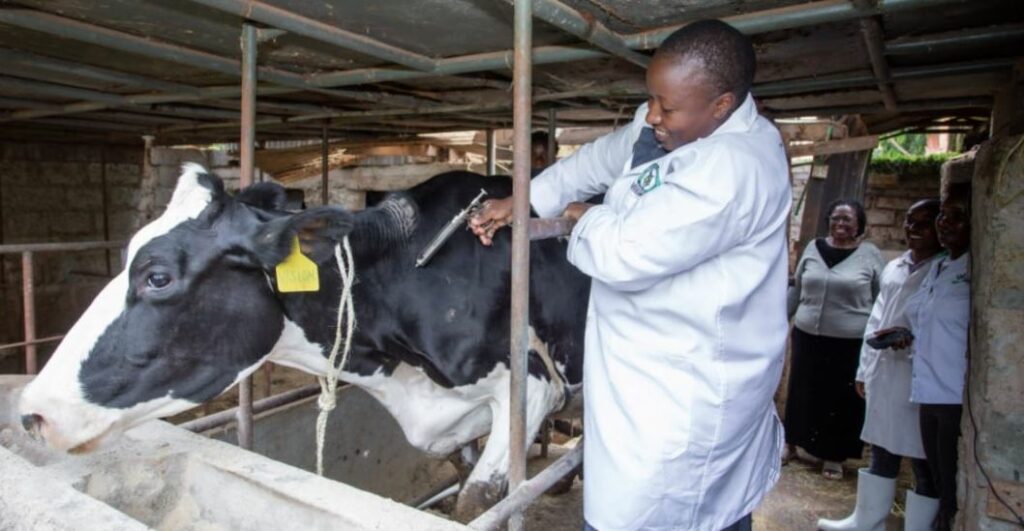 A new Geopoll survey on Kenya’s youth perceptions of employment and entrepreneurship has revealed that 71% of respondents are actively involved in entrepreneurial activities to supplement their salaries.
A new Geopoll survey on Kenya’s youth perceptions of employment and entrepreneurship has revealed that 71% of respondents are actively involved in entrepreneurial activities to supplement their salaries.
Despite varying employment statuses, the majority of young Kenyans (71%) reported having side hustles—small-scale ventures aimed at boosting their income. This highlights the resilience and adaptability of the country’s youth, who are using their creativity and skills to navigate a challenging economic landscape.
The survey, which included 749 Kenyans aged 18-35 from across the country, also found that 70% of respondents hold college degrees but are struggling to secure stable jobs. In response to increasing economic pressures, many young people have pivoted from their formal education fields to take on blue-collar jobs in various sectors.
The survey’s findings reveal that 44% of respondents earn less than Kes.30,000, while 20% earn between Kes.30,000 and Kes.50,000.
Another 17% report incomes ranging from Kes.50,000 to Kes.80,000. Only 6% of those surveyed earn over Kes.150,000.
Despite these income disparities, the survey also noted that more than a third (38%) of respondents are unemployed, citing ongoing struggles to secure stable job opportunities.
Among those identified as unemployed, a significant 91% are actively seeking employment. Of these, 33% have been job hunting for over two years, while 26% have been searching for more than one year but less than two years. Another 24% have been pursuing work for six months to a year, and 18% began their search within the last six months.
Despite these challenges, 37% of the respondents reported being employed full-time, and 26% were engaged in part-time employment, reflecting the diverse ways youth are participating in the workforce.
The survey also revealed that 19% of respondents have worked in the information and communication technology (ICT) sector, which is a key part of the digital economy. Many of these roles involve remote work, freelancing, and content creation.
Agribusiness ranked second among the top employment sectors, with 14% of respondents working in this field. Other significant sectors include the sale of goods and services (14%) and the hotel and tourism industry (12%).
Additional findings show that 8% of respondents work in finance and insurance, 6% in manufacturing, and 5% in transport. This highlights the diverse employment landscape for Kenyan youth, as they continue to adapt and create opportunities in a challenging economic environment.








